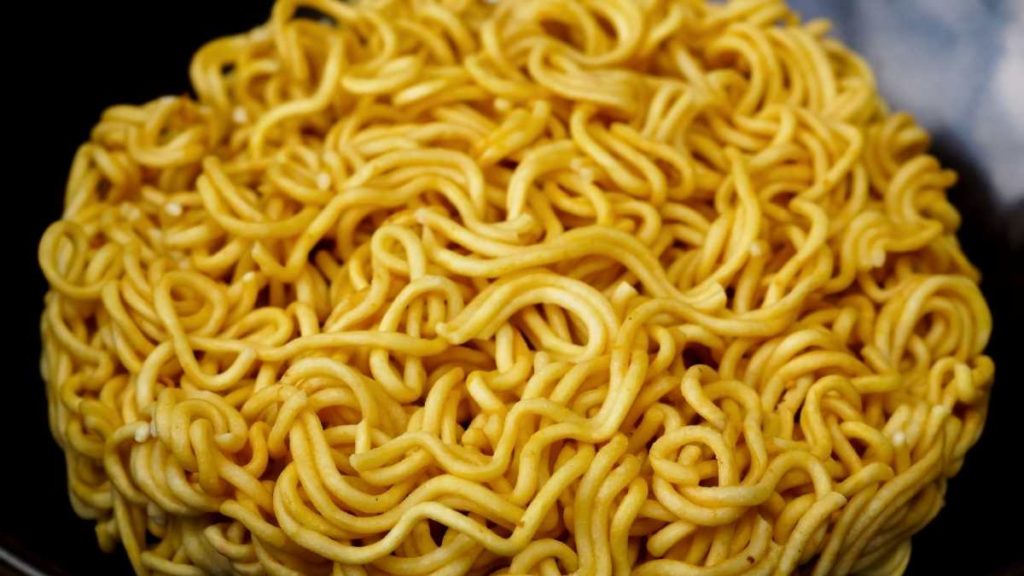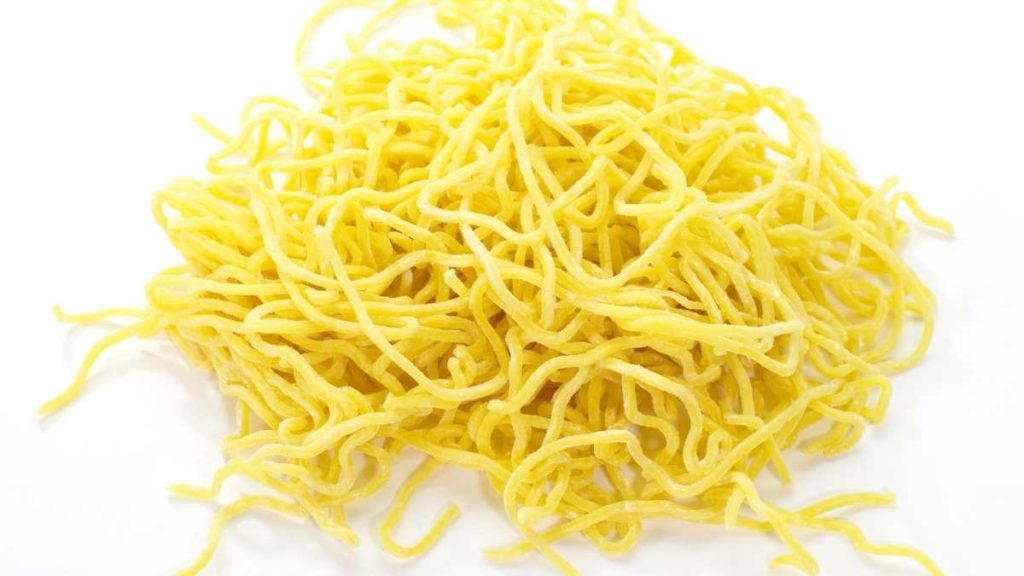Many families enjoy pasta, and it is known for its resistance to spoiling even after being left unattended in a pantry or cabinet for years. When you consider what foods are suitable for prepping, pasta is probably near the top of your list along with other staples like dry beans and rice.
If you keep pasta dry in an airtight container and store it in a temperature-controlled environment free of moisture, heat, light, oxygen, and insects, pasta can be kept for many years.
It might not be immediately clear how to store dry pasta as part of your long-term food storage supply. This article will examine how long pasta can be stored, the best varieties for long-term storage, and the best storage techniques. You should be able to make pasta one of the staples of your emergency food storage plans by heeding these recommendations.
How Long Does Dry Pasta Last?
Dry pasta has a very long shelf life even without any special storage techniques.
The majority of studies estimate that semolina pasta can be kept in a pantry in its original packaging for 2 to 3 years after its “best by” date.
When protected against moisture, pasta can easily last 10+ years. Although egg pasta, gluten-free pasta, and flavored pasta all have long shelf lives, the timing of their expiration can vary depending on the ingredients they contain.
Dry pasta has almost no moisture in it. Without moisture, bacteria and mold are unable to grow. The pasta is safe to eat now and for many years to come. However, there are some ways that pasta can go bad.
Dry Pasta Shelf Life by Type
How to Store Fresh Egg Noodle Dough
Fresh egg noodles are very versatile. Any day of the week, you can make the ideal noodles by yourself. One of those foods that tastes better after being chilled overnight is this one. The basic procedures for storing freshly made egg noodle dough are as follows:
1. Make sure the flour has been mixed well. Avoid lumps because they will affect the finished product’s texture.
2. Wrap some plastic wrap or cling film around the bowl containing the dough. To prevent the dough from sticking to one another, leave enough space between the edges.
3. For 12 to 24 hours, place the covered bowl in the refrigerator. If you want to have fresh noodle dough, that is the maximum storage time.
4. One hour before rolling out the dough, remove it from the refrigerator.


FAQ
How do you store egg noodles?
You can freeze homemade egg noodles for up to three months or refrigerate them for a few days. The noodles can be kept fresh without freezing by letting them dry for a few hours and storing them in the refrigerator for up to three days in an airtight container.
How do you store noodles long term?
Pasta should be kept in a cool, dry place like a pantry or storage area. Additionally, pasta is best kept for a long time in an airtight container that is tightly sealed to keep out moisture, air, light, and insects.
How many months can you store dried egg noodles?
For best quality, noodles should be frozen for three to six months after drying and placed in an airtight container or plastic bag.
Do egg noodles really expire?
Like we said, dry pasta doesn’t really go “bad. Although it won’t grow bacteria, over time the flavor may be lost. Based on appearance, texture, and smell, use your best judgment: Discard any pasta that appears or smells rancid.
